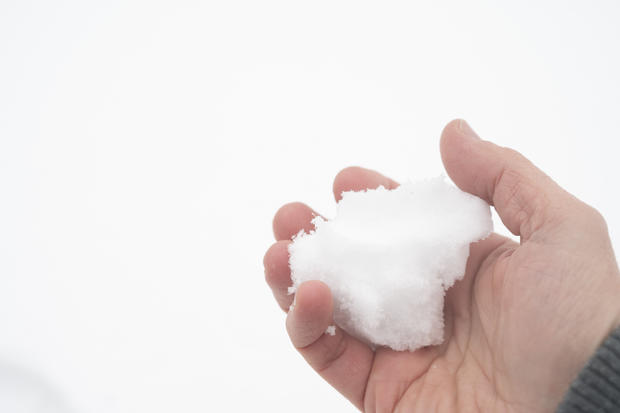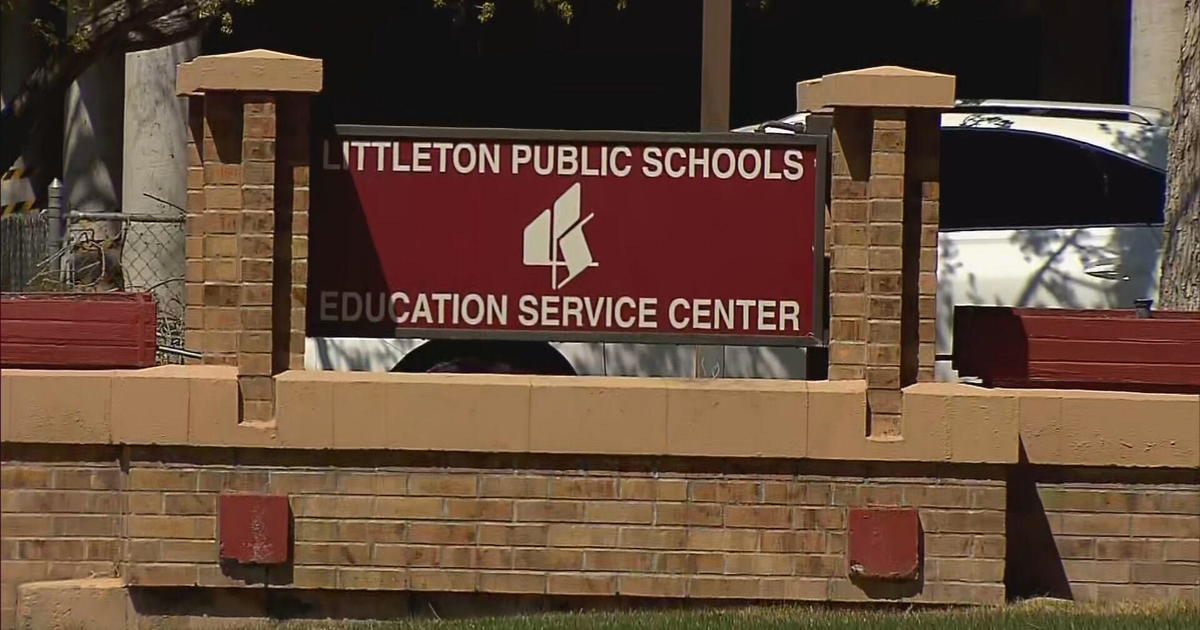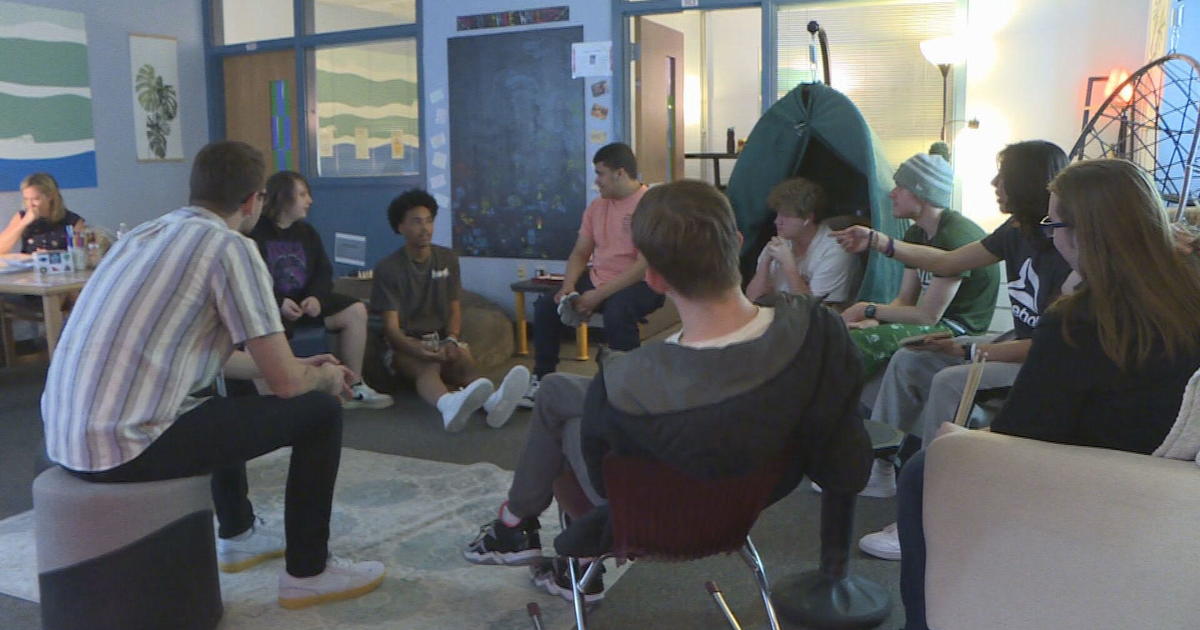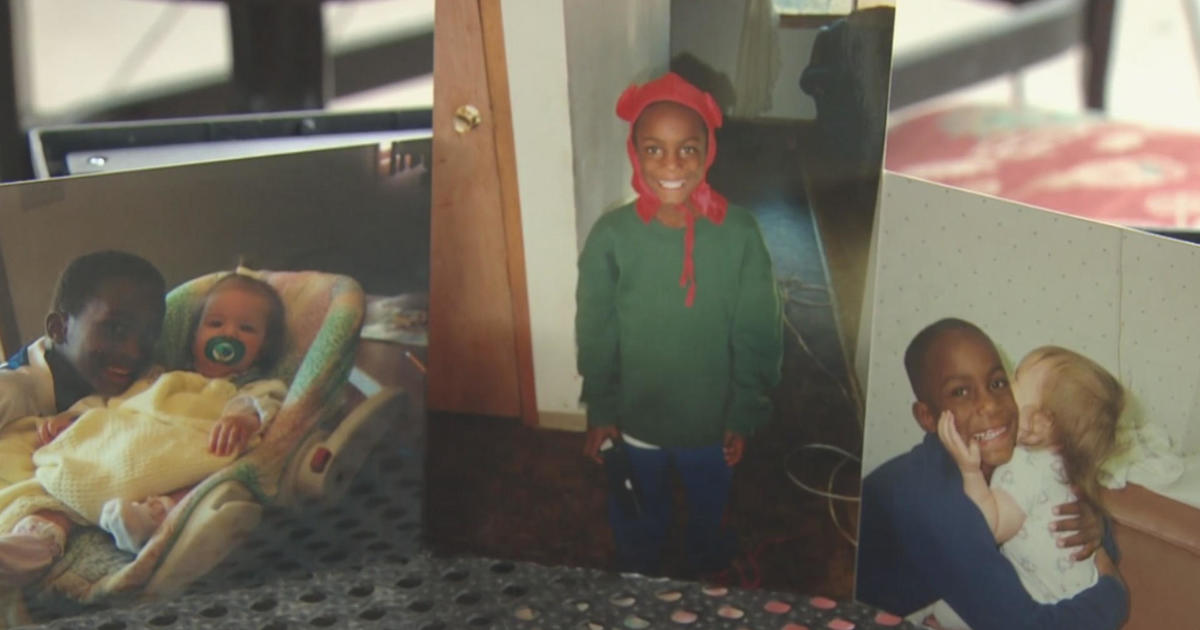Record Breaking Number Of Frostbite Patients Treated At UCHealth After Temps Dip Below Zero Over The Weekend
AURORA, Colo. (CBS4)- After temperatures dipped well below zero over the weekend in Colorado, UCHealth is treating a record number of frostbite patients. As of Monday, there are 26 patients at the UCHealth Burn and Frostbite Center on the Anschutz Campus in Aurora, that's more than the hospital has ever had at one time.
UCHealth wants to help clear up some misconceptions about frostbite. They say it's also important to see a doctor as soon as possible if frostbite is suspected and that the longer someone waits, the higher the likelihood of amputation.
The parts of the body most commonly affected by frostbite are areas exposed to cold air, especially the fingers and hands, feet and toes, nose and ears.
Signs and symptoms of frostbite include:
• Shivering is the first sign the body is losing heat, so don't ignore it.
• Numbness.
• Pale color to the skin.
• Clumsy movements.
• Pain that persists for 45 minutes after rewarming.
• Following rewarming, increased redness or discoloration.
It only takes 30 minutes for frostbite to set in when the temperature is 5 degrees and the wind speed is 30 mph. At -5 degrees and a wind speed of 30 mph, frostbite will happen in 10 minutes.
Denver's official low temperature Monday morning was -17 degrees which is 35 degrees below normal but not quite a record. The record low for Denver on February 15 is -20 set in 1881.
To prevent frostbite:
- Dress in layers and keep outerwear dry.
- Choose loosely woven fabric for the inside layer (wool, silk, polypropylene). These fabrics hold more heat and help avoid excessive perspiration.
- When outside in cold temperatures, take frequent breaks indoors and assess hands, feet, ears and nose.
- Cover your head – wear a hat and earmuffs.
- Wear heavy mittens instead of gloves. The collective body heat from the fingers being together keeps the hand warm.
- Two pairs of thinner socks provide better insulation than a single pair of thicker socks.
- Be prepared when traveling in cold weather. Keep a winter survival kit in the car that includes blankets, matches and extra clothes. Never rely on your car's heater to be the only source to stay warm, since your car could run out of gas or be damaged in an accident.
Those who suspect they have frostbite:
- Remove wet clothing and get into a warm environment.
- Avoid rubbing the area – rubbing frozen tissue can cause further damage.
- If you are concerned that you may have frozen digits/ extremities, avoid rewarming them until you are sure they will not refreeze.
- Immediately seek medical attention. Getting proper treatment within 12-24 hours of rewarming of the injury, can save the frozen areas from possible amputation.





